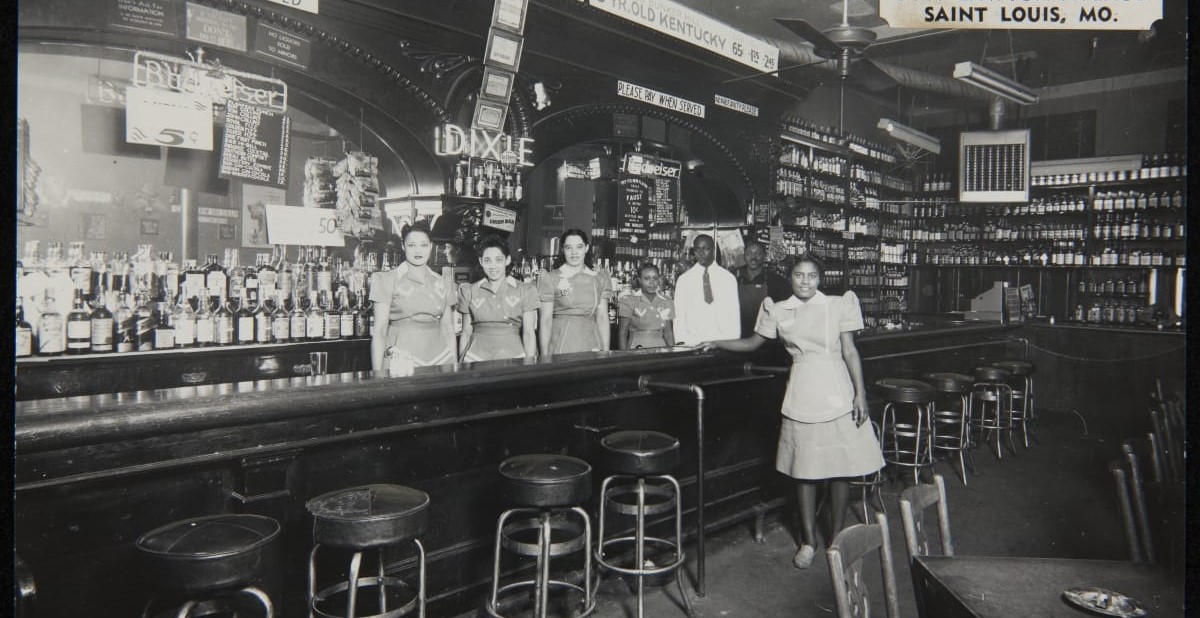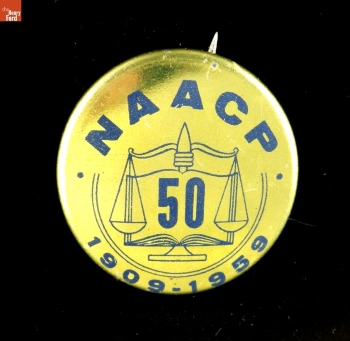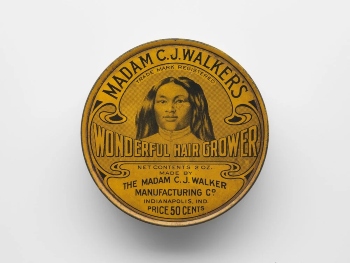Three Ways Black Business Owners Used Promo During Jim Crow

Dixie Liquor Store, St. Louis, Missouri, 1935-1950. From the Collections of The Henry Ford. Gift of John Margolies.
Black Americans have a history of using promotional products to advertise their businesses. For nearly a century, laws enforced racial order everywhere in the American South. From entryways in a South Carolina factory to segregated Bibles in Georgia court rooms, Jim Crow laws demeaned and humiliated Americans, even as they walked down the sidewalk. Unspoken rules also kept Black people from jobs and neighborhoods in New York or stores in Los Angeles.
Diane Nash, a Freedom Rider and founding member of SNCC, said, “Traveling in the segregated South for Black people was humiliating. The very fact that there were separate facilities was to say to Black people and white people that Black [people] were so subhuman and so inferior that we could not even use public facilities that white people used.”
To serve their communities and maintain their self-respect, Black entrepreneurs started local, small-scale and family-run businesses. Barbershops, cafes, beauty parlors, restaurants, bed-and-breakfasts and taverns birthed Black enterprise and economic development. To promote their new businesses, entrepreneurs turned to promo products. Here are three ways Black business owners used promo during Jim Crow.
1. Buttons & Pins

Source: From the Collections of The Henry Ford. Gift of Mrs. Dorothy Guimaraes.
Community organizations, men’s and women’s clubs and the Black church offered support and protection during Jim Crow. Organizations like the National Association for the Advancement of Colored People (NAACP) promoted legal action for fighting racial inequality, and Booker T. Washington’s National Business League encouraged economic self-help. To recruit members, these groups wore buttons and pins out in their neighborhoods.
2. Church Fans

Source: From the Collections of The Henry Ford.
For Black people, funeral homes became a lucrative path to entrepreneurship. There was no white competition because of the close contact that the work required. When Black people were excluded from joining the National Funeral Directors Association, they organized their own independent organization in 1925. Black undertakers and funeral directors became trusted community members, caring for deceased loved ones with dignity and respect.
Shown above, Booker T. Washington is depicted on this cardboard handheld fan for the Jacob Brothers Funeral Home, Indianapolis, Indiana, circa 1955. As advertised on the back, the funeral home promised air-conditioning and an organ.
3. Reusable Containers

Source: From the collections of the NMAAHC. Gift of Dawn Simon Spears and Alvin Spears, Sr.
Born in 1867, Madam CJ Walker was the first Black woman millionaire in America, making a fortune off her homemade Black hair care line. Using a personal approach that won her loyal clients, she sold her products directly to Black women. She employed a team of saleswomen or “beauty culturalists,” encouraging female talent during a time when job opportunities for Black women were limited.
She was also a philanthropist, donating generously to Black charities, scholarships for women at Tuskegee Institute, the NAACP, the Black YMCA and dozens of other organizations. Shown above, her two-ounce can of “Wonderful Hair Grower” is currently at the Smithsonian’s National Museum of African American History & Culture (NMAAHC) in Washington, D.C. This small tin can be reused for other small necessities or last for over a century.

